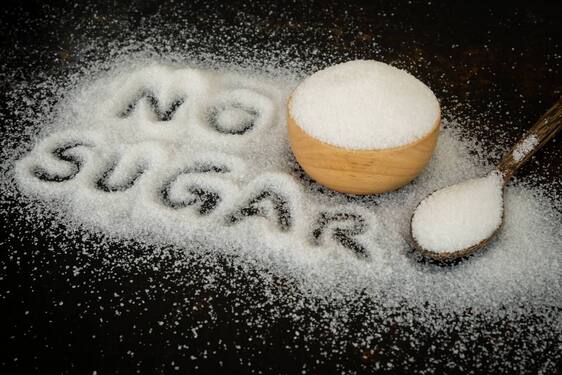Cutting Back on Sugar? Key Considerations Before You Start
Reducing sugar intake can be a challenging yet rewarding endeavor that requires careful consideration and planning, By understanding hidden sugars, balancing macronutrients, practicing mindful moderation, and embracing gradual changes.

In a world where sugar is as ubiquitous as it is tempting, cutting back on this sweet indulgence can seem like a Herculean task. Yet, with mounting evidence linking excessive sugar consumption to various health issues, many are turning towards reducing their intake. However, before embarking on this journey, it's crucial to consider a few important points to ensure success and maintain overall well-being.
1. Understanding Hidden Sugars: Sugar lurks in unexpected places, from seemingly innocent condiments to processed foods labeled as "healthy." Familiarize yourself with alternative names for sugar on food labels, such as high fructose corn syrup, maltose, and dextrose, to avoid inadvertently consuming more sugar than intended.
2. Balancing Macronutrients: Cutting back on sugar shouldn't mean neglecting other essential nutrients. Ensure your diet remains balanced by incorporating ample amounts of protein, healthy fats, fiber, and complex carbohydrates from sources like fruits, vegetables, whole grains, and legumes.
3. Mindful Moderation: Completely eliminating sugar may not be sustainable or necessary for everyone. Instead, practice mindful moderation by consciously choosing when and how to indulge in sweet treats. Allow yourself occasional treats while focusing on overall moderation and portion control.
4. Gradual Reduction: Abruptly slashing sugar intake can lead to cravings and withdrawal symptoms, making it difficult to stick to your goals. Gradually reduce your sugar consumption over time to allow your taste buds and body to adjust. Replace sugary snacks with healthier alternatives to ease the transition.
5. Hydration Habits: Stay hydrated to support your body's natural detoxification processes and curb cravings. Opt for water, herbal teas, or infused water instead of sugary beverages like sodas, energy drinks, and sweetened coffees or teas.
